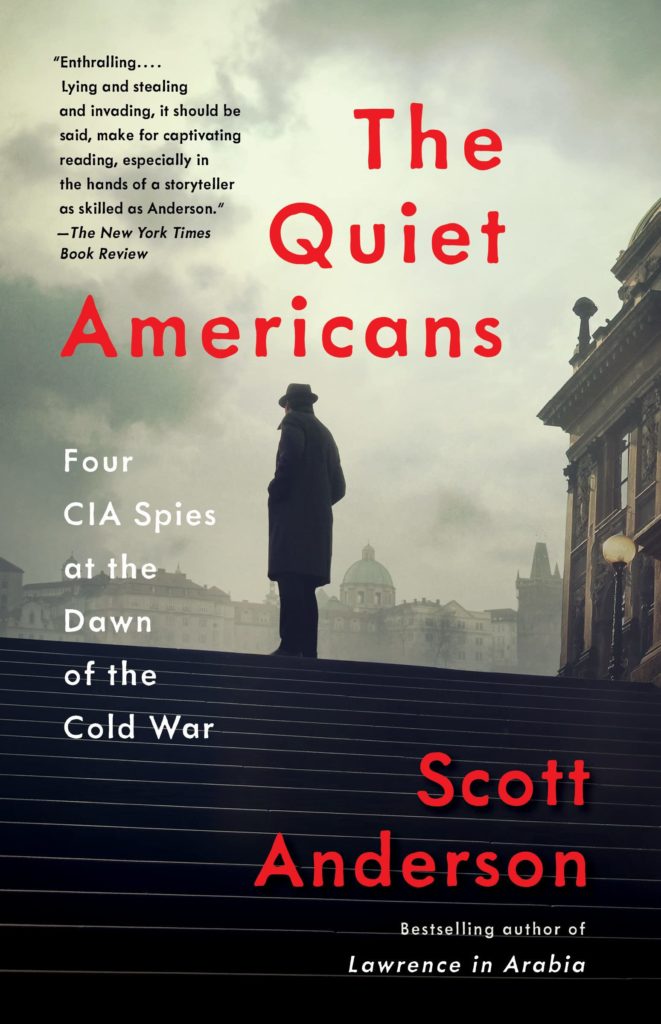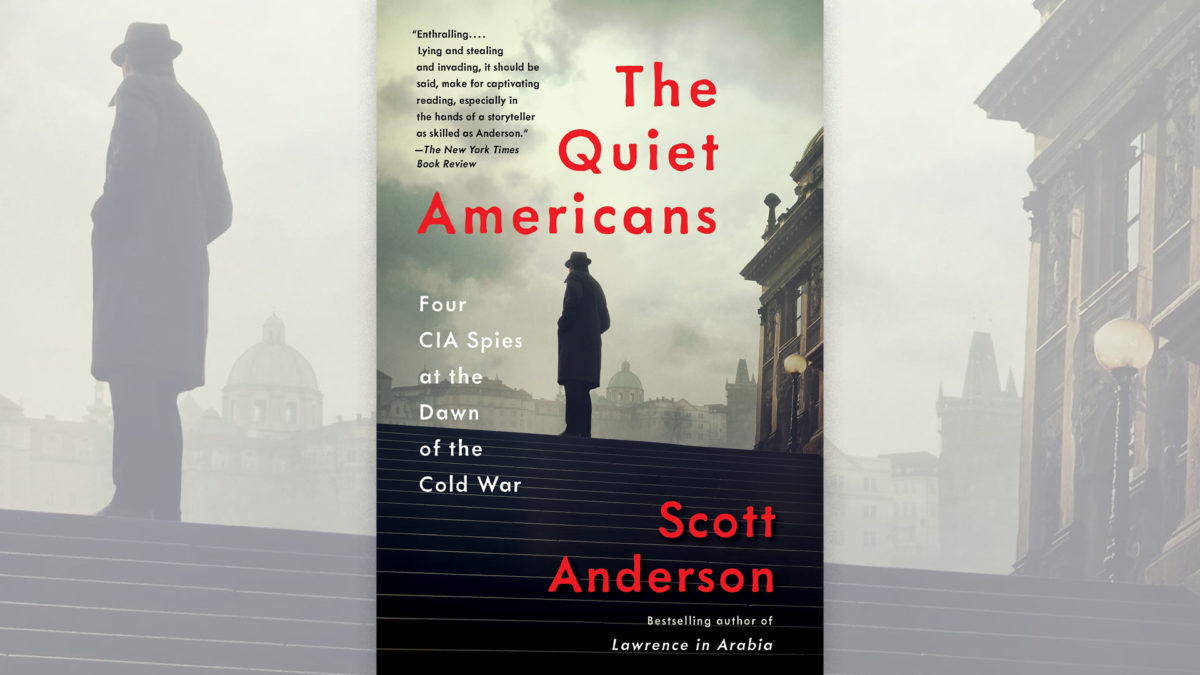Journalist, historian and novelist Anderson dissects U.S. foreign policy at the dawn of the Cold War through the linked biographies of four men—Michael Burke, Edward Lansdale, Peter Sichel and Frank Wisner—veterans of the World War II Office of Strategic Services who served in the newly formed CIA.
Anderson believes American foreign policy is inherently flawed, doomed to failure at its inception. In the postwar period, he argues, fear of communism led to a series of national security directives that established the CIA and freed it to initiate a host of covert operations, everything from infiltrating agents into the Balkans and Eastern Europe to overthrowing elected governments in Guatemala and Iran, blackmail, sabotage, even murder.
Ironically, the author concludes that domestic enemies ultimately undermined the United States’ early attempts to maneuver in the postwar world. Soviet mole Kim Philby, liaison for MI6 (British intelligence) to both the CIA and the FBI, was spilling all to the Russians, while FBI director J. Edgar Hoover used the “Red” scares to decimate the ranks of the CIA and State Department.
Anderson’s exhaustive research, narrative pacing and eye for detail and character make The Quiet Americans a wonderful read.
This review appeared in the Autumn 2022 issue of Military History magazine.

The Quiet Americans
Four CIA Spies at the Dawn of the Cold War
By Scott Anderson
This post contains affiliate links. If you buy something through our site, we might earn a commission.

